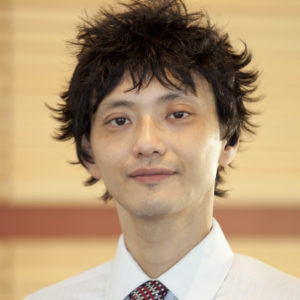 Dr. Charles K.F. Chan, an ANRF grant funded scientist from 2019-21, runs the Laboratory for Rejuvenitive Medicine at Stanford University where he and his team are making significant strides and discoveries focused on stem cell research.
Dr. Charles K.F. Chan, an ANRF grant funded scientist from 2019-21, runs the Laboratory for Rejuvenitive Medicine at Stanford University where he and his team are making significant strides and discoveries focused on stem cell research.
Most recently, Dr. Chan’s work, “Aging of Skeletal Stem Cells” appears in Advances in Geriatric Medicine and Research. Focusing on the importance of skeletal stem cells in aging it says “the prospect of delaying or reversing the effects of aging serves as motivation to understand the systems that generate our bodies. Much progress has been made in recent years to reveal the process by which the skeleton is generated and maintained. The discovery of functionally homogeneous SSC populations identified by a combination of surface markers has therefore unveiled the potential for directed and reliable studies into the nature of the progenitor cells of the skeletal system.”
Dr. Chan has been interested in stem cell research since understanding the story and science of Dolly the sheep’s cloning (from an adult cell), and realized cloning could have therapeutic applications for humans and could influence molecular rejuvenation, essentially reverse aging.
This realization became the genesis for his career focus on stem cell research, including the project “A Chemical Niche to Regenerate and Rejuvenate Cartilage in Osteoarthritis,” which he initially received funding for in 2019 and then second-year funding. His research explores which factors are required to drive stem cells to become new cartilage, the dose necessary and the ideal time to administer the factors to optimize results.
An Assistant Professor at Stanford in the Department of Surgery, Division of Plastic and Reconstructive Surgery, with co-appointments in the Immunology Program and the Stem Cell Institute, Dr. Chan’s research was recognized in key media and a top tier academic publication (in addition to top tier academic journals):
The future of everything: a knee or hip ‘replacement’ without surgery? It’s on the horizon., The Wall Street Journal — Included in a feature of researchers working on stem-cell therapies and other interventions to prevent and/or repair cartilage before osteoarthritis is diagnosed or an operation is required, Dr. Chan discusses growing cartilage with stem cells and a technique called microfracture to treat damaged cartilage, and the process to replace cartilage.
Losing your hair? You might blame the great stem cell escape., The New York Times — In a research paper published by a professor of pathology out of Northwestern University seeks to answer why people and animals have a distinct shared sign of aging: hair loss. Chan’s role as a stem-cell researcher and his work is recognized. He then compares an animal’s body to a car: “If you run it long enough and don’t replace parts, things wear out,” he said. In the body, stem cells are like a mechanic, providing replacement parts, and in some organs like hair, blood and bone, the replacement is continual.
Aged skeletal stem cells generate an inflammatory degenerative niche, Nature — Published in the weekly international journal publishing peer-reviewed science and technology research, Dr. Chan’s and his coauthor’s latest research paper discusses the science behind the research that connects the aging of stem cells with the degeneration of bone marrow and increase in inflammation. This research serves as a prelude to the further reporting on their work in WSJ and NYTimes.







